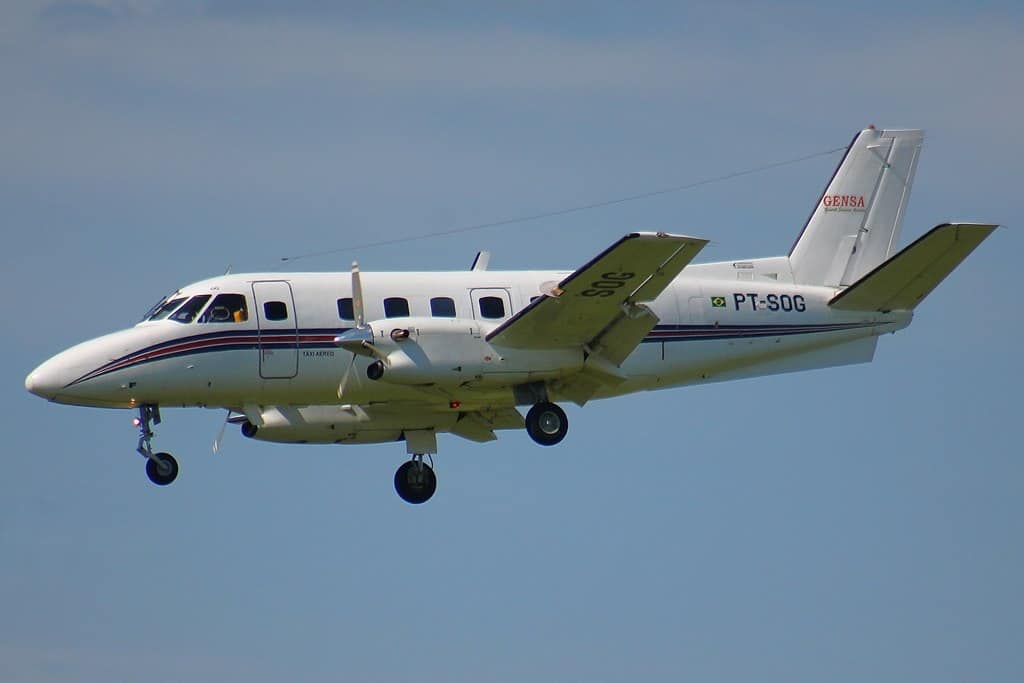Abigail Benzadon remembers perfectly the day 26 years ago when her husband Moshe Pardo left home to catch a flight to Panama City. He hadn’t planned on flying but he had a medical appointment and decided to go anyway, she recalled.
He and 21 others — most of them Jewish — never made it to their destination. Alas Chiricanas Airlines Flight 00901 exploded shortly after takeoff on July 19, 1994 from Colon, Panama in what Israel and the United States believe was an act of terrorism.
Relatives of the victims are still awaiting resolution of the case. “Twenty-six years after the attack, I have absolutely no expectations from the justice system,” Benzadon told AFP. “On the part of the Panamanian authorities, there is no great hope that something will happen.”
Alberto Levy, a member of the Living Conscience Committee, a group created in memory of the victims, said: “Just like any other crime, we believe it should be investigated to the end, so that the attack does not go unpunished.”
Loose ends
The Panamanian authorities have pursued two theories: that it could be a case of score-settling by drug traffickers, or that it was an anti-Semitic attack. In 1995, the United States offered $2 million for information related to the case, saying the attack might have been the work of a Lebanese Hezbollah suicide squad.
“Everything indicates it was a terrorist attack, and there still are many questions and loose ends,” Rabbi Gustavo Kraselnik told AFP. In Panama, investigations have centered on a passenger named Ali Hawa Jamal, who is believed to have detonated a bomb concealed in a radio.
An FBI statement said Jamal was the only person aboard whose body was never claimed. The FBI suspects Jamal belonged to the same Shiite Hezbollah group that, one day earlier, had detonated a car-bomb that killed 85 people and injured hundreds of people at the headquarters of a Jewish charity in Buenos Aires, the Argentine Israelite Mutual Association.
The group behind that attack “is suspected of involvement in the Flight 00901 bombing,” an FBI wanted poster said.
An act without precedent
“It was a criminal act without precedent in Panama,” Juan Antonio Tejada, who was a senior prosecutor there at the time, told AFP. He said that because of Jamal’s death, the case never went to trial.
The case was reopened in 2018 after then-Panamanian President Juan Carlos Varela said he had been told by Prime Minister Benjamin Netanyahu that Israeli intelligence had confirmed the explosion was a “terrorist attack” by Hezbollah.
The victims’ families are now placing their hopes on bringing Jamal’s possible accomplices to justice. But legal experts say information from intelligence sources is not always admitted in court.
“We trust the authorities to do their work; we won’t let our brothers be forgotten,” Linda Cohen, the director of the Living Conscience Committee, told AFP.
Ana Karina Smith remembers the day she lost her grandfather. She was 18 at the time and recalls the desperate and confused hours that followed the crash.
“For many years we knew nothing about what happened — nothing,” she told AFP. “A few weeks later I went to the United States and, curiously, my Jewish friends at the university knew much more than I knew.
“It was extremely painful. For me, it is essential that we make the facts known.” But Abigail Benzadon is not holding her breath. “The case has gone unpunished,” she said, “and it will remain unpunished.”






